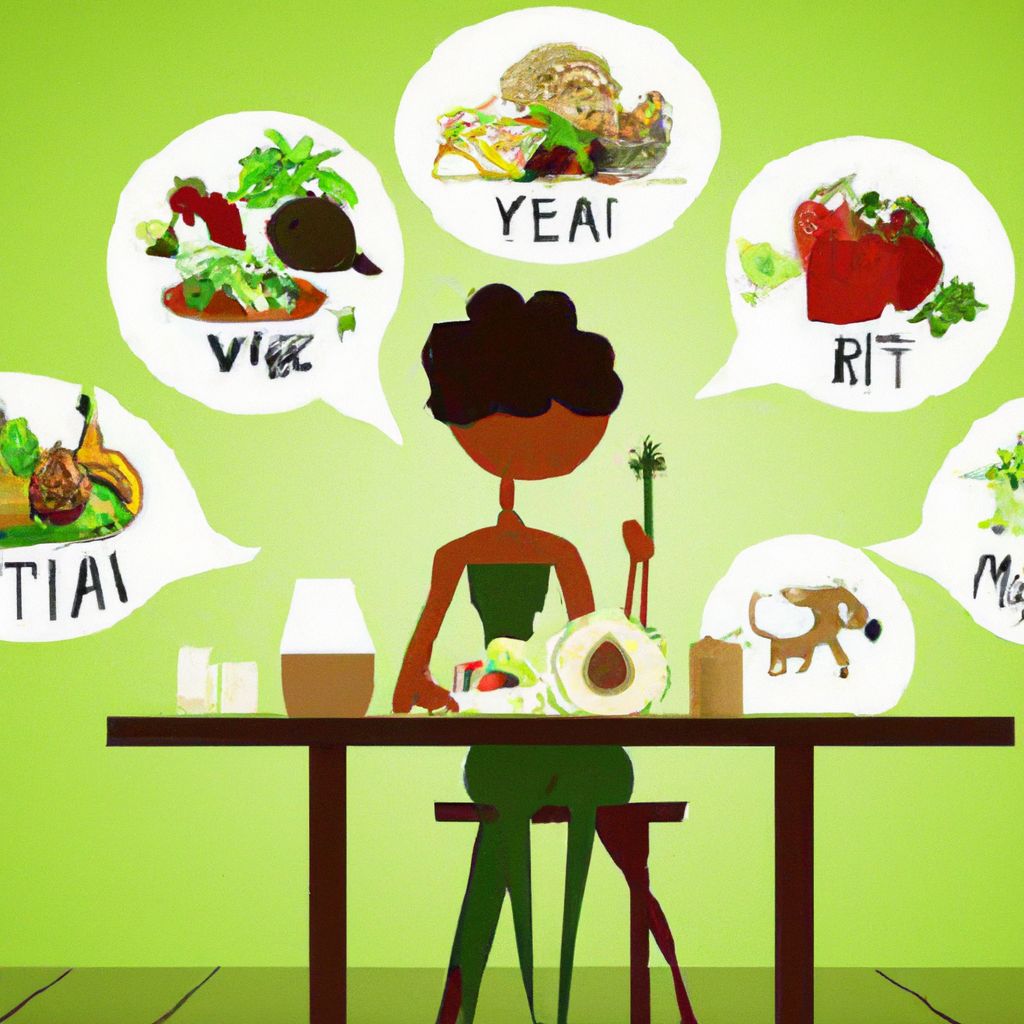Breaking Down the Myths About Veganism
Many people have misconceptions about veganism, often fueled by misinformation or lack of understanding. In this article, we will address some of the common myths surrounding veganism and provide accurate information to help dispel these misconceptions.
Myth 1: Vegans are Protein Deficient
One of the most common myths about veganism is that it is difficult to get enough protein on a plant-based diet. In reality, there are plenty of plant-based sources of protein such as lentils, chickpeas, tofu, tempeh, and quinoa. By including a variety of these protein-rich foods in their diet, vegans can easily meet their daily protein needs.
Myth 2: Vegan Diets are Boring and Restrictive
Another misconception is that vegan diets are bland and limited in variety. In fact, vegan cuisine can be diverse and exciting, with a wide range of fruits, vegetables, grains, nuts, and seeds to choose from. There are also plenty of vegan alternatives to traditional animal products, such as plant-based milks, cheeses, and meats, that can add flavor and texture to meals.
Myth 3: Veganism is Expensive
Some people believe that veganism is only for the wealthy due to the perceived high cost of plant-based foods. While it is true that some vegan specialty products can be pricey, a vegan diet can actually be quite affordable. Staples like beans, rice, pasta, and in-season fruits and vegetables are budget-friendly options that can form the basis of a nutritious vegan diet.
Myth 4: Vegan Diets are Lacking in Essential Nutrients
There is a misconception that vegan diets are deficient in key nutrients like vitamin B12, iron, and omega-3 fatty acids. While it is important for vegans to pay attention to their intake of these nutrients, they can easily be obtained through fortified foods, supplements, and plant-based sources such as fortified cereals, leafy greens, and chia seeds.
Myth 5: Veganism is Unhealthy
Some people believe that veganism is inherently unhealthy and can lead to nutrient deficiencies or other health issues. However, research has shown that well-planned vegan diets can be nutritious and provide numerous health benefits, including lower risk of chronic diseases like heart disease, diabetes, and certain types of cancer.
Conclusion
Overall, it is important to separate fact from fiction when it comes to veganism. By dispelling common myths and providing accurate information, we can help promote a better understanding of vegan diets and lifestyle choices. Whether you are considering going vegan or simply want to learn more about plant-based eating, it is essential to base your decisions on reliable sources and facts.
